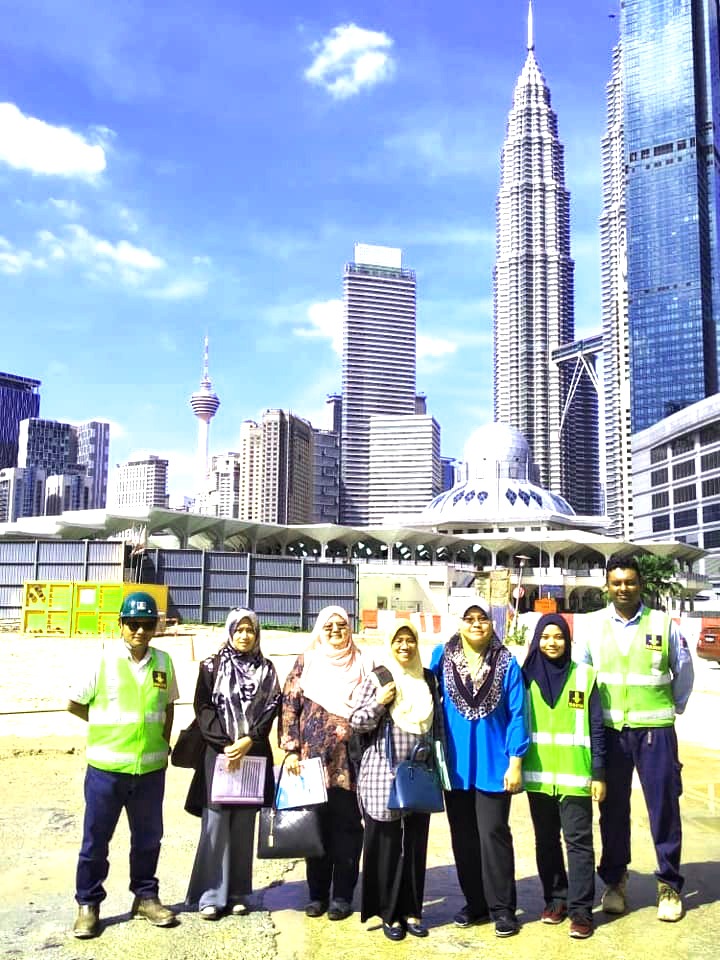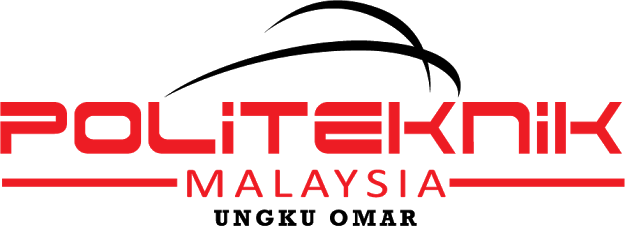
Work-based
INTRODUCTION OF WBL
Since its establishment in 1969, Politeknik Ungku Omar (PUO) has always been at the forefront in responding to the needs of the nation for technical workforce. To ascertain its relevance in pioneering the Technical and Vocational Education and Training (TVET) of the country, the Department of Polytechnic Education initiated a Work-based Learning (WBL) approach into the curriculum of its bachelor’s degree programmes.
Work-based learning (WBL) is an educational strategy which provides students with real-life work experiences. Through WBL, students are able to put into practice the theories that they have learnt in the classroom. Indirectly, while performing the tasks assigned at the work place, the students will also develop their personal and inter-personal skills. This process helps to build the inner strength of the polytechnic students to face the 21st century learning challenges and fulfil the demands of the 4th Industrial Revolution.
The Bachelor in Civil Engineering Technology with Honours (BCT) was the first Bachelor’s degree programme with WBL introduced in PUO in September 2013. This was followed by Bachelor of Manufacturing Engineering Technology (Supply Chain Management) with Honours (BMS) in September 2014. The demand of the nation and industries for highly skilled workforce leading to a higher income economy is hoped to be met by the introduction of the WBL bachelor degree programme.
WBL bachelor’s degree programme takes four years to complete, where the students will spend three years in polytechnic for theoretical and practical components and undergo real life work components (WBL) at the industry during their final year of studies. PUO collaborates with more than 60 industry partners.
Objective : To ensure students from academic based background are attuned and ready for employment in industries
BENEFITS WBL@PUO
INSTITUTION
- Links with industries and
- Lecturers awareness of industry dynamics and knowledge gained
STUDENT
- Work Experience
- Different form of learning and
- Enhance Graduate Skills
- Access to potential employers
INDUSTRIES
- Contributions to society through Social Responsibility
- Enhanced Corporate Image and
- Produced workforce with adequate skills supply
IMPACT WBL
INSTITUTION
- Graduate Employbility are 100%
- Industry Led Curriculum
- ITRC EDU CENTER(Industry-Academia Centre)
- Notes of Collaboration with 28 companies
STUDENT
- 45% graduate were employed at the WBL company
- Better offered salary High Impact Course (BM Industrial Certification)
- Industry involvement in giving professional talk
INDUSTRIES
- Choice of Highly Skilled Workers
- Work force ready (WBL 10 months)
- FYP-Industrial Innovation Projects (Projects Applied in Industry)
- Establish a common understanding of WBL
- Awareness
- Collaboration and engagement with industries; and
- Establish an implementation system
- Industries
- Establishing a stable relationship with the industries;
- Sharing of Information from the captain of industries; and
- Industry Advisory Committee (IAC) at PolyCC level
Searching for new collaborations and strengthening existing ties
